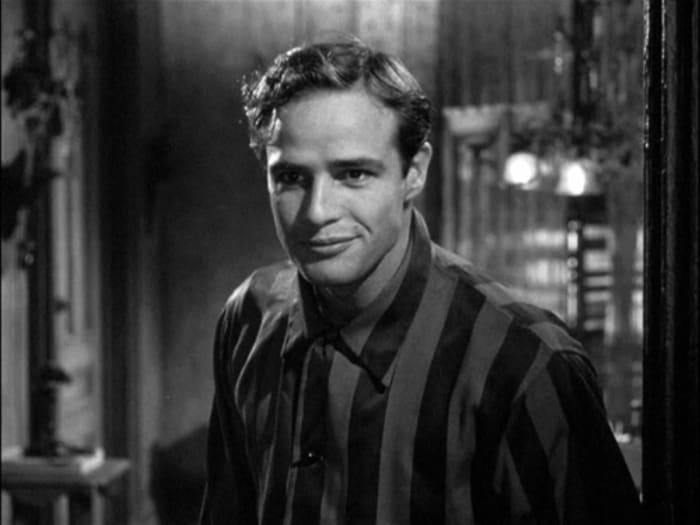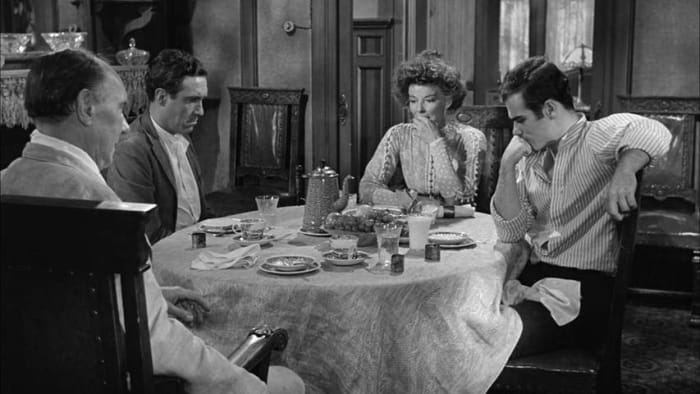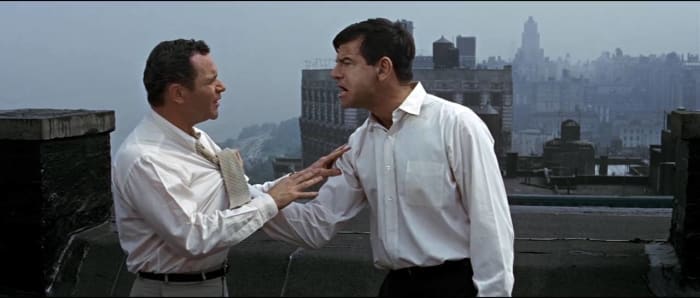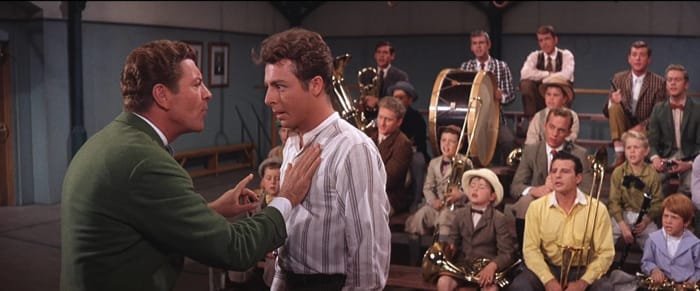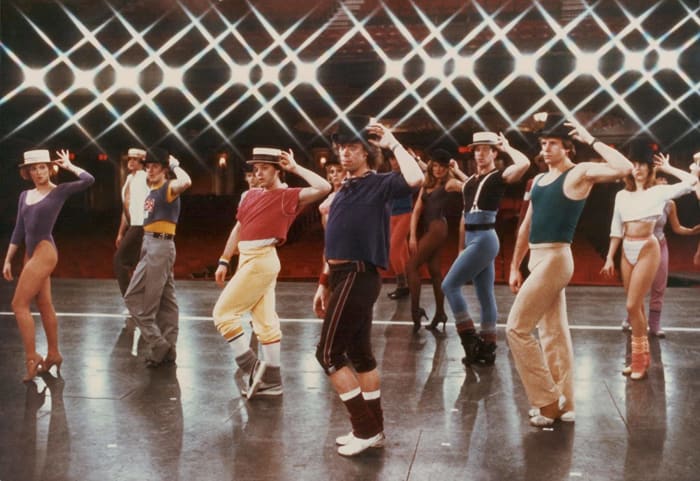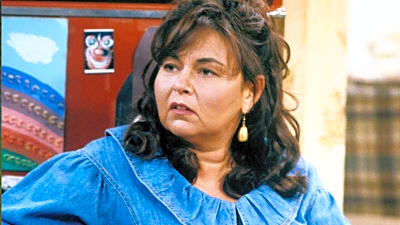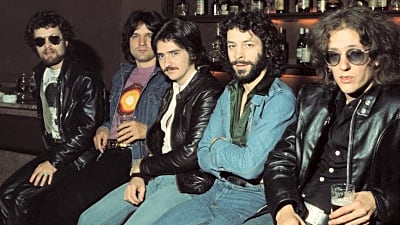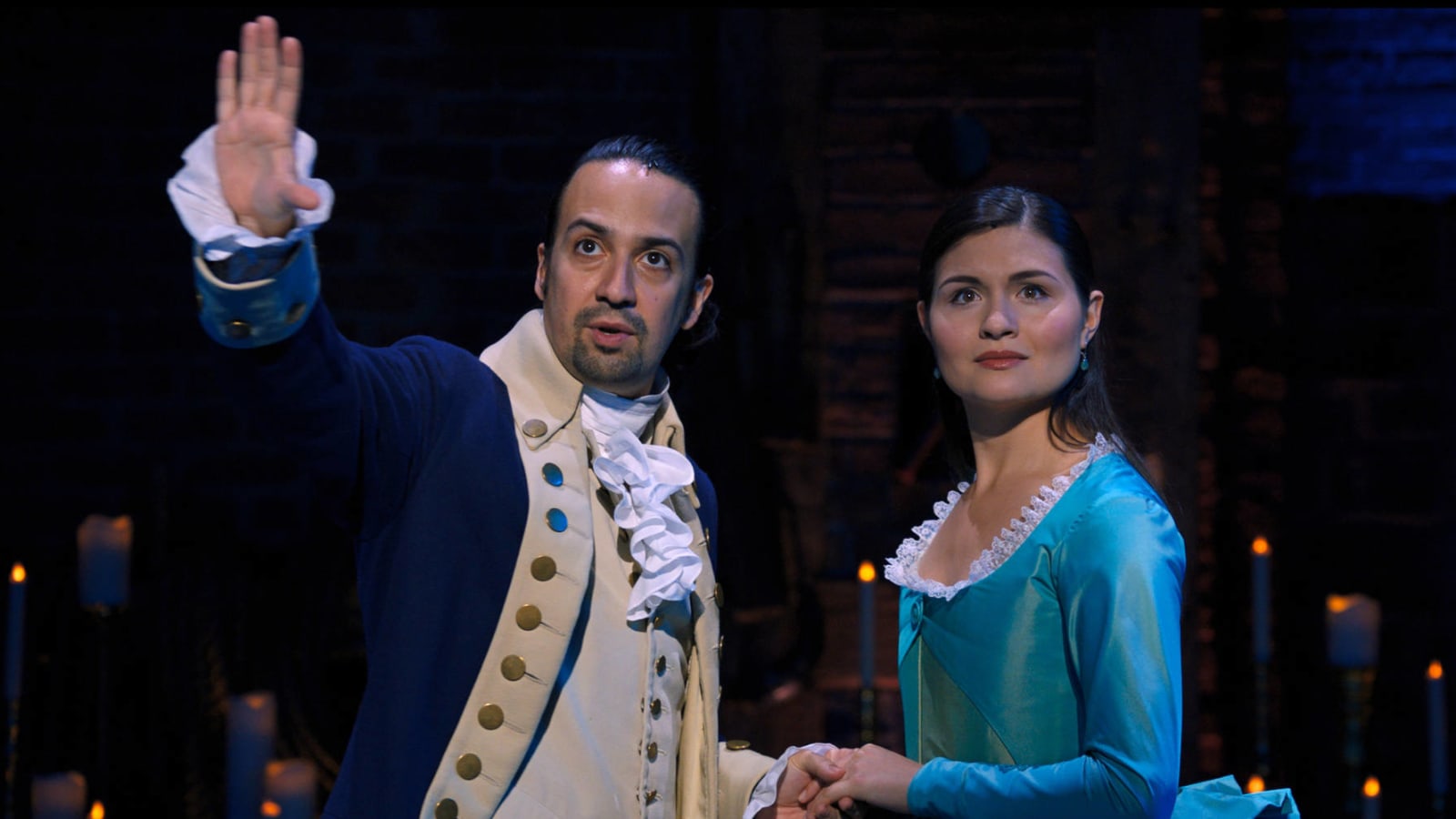
Broadway hits that became films
"Hamilton" mania has once again gripped the popular culture, this time due to Thomas Kail's dynamic film of the original Broadway production — now available on Disney+ — that played to packed houses all over the country until the coronavirus pandemic shut everything down. It's going to be a while before we can venture back to the theater, but in the meantime you can take a stroll through film history and revisit Hollywood adaptations of Broadway's biggest hits. Sometimes the movie recaptures the magic of the stage show; other times, the filmmakers fail their source material. Here are 25 films that tried to bring the glory of live theater to moviegoers.
More must-reads:
- 20 facts you might not know about 'Young Frankenstein'
- The 25 greatest winter sports movies
- The 20 greatest movie endings of all time
Customize Your Newsletter
 +
+
Get the latest news and rumors, customized to your favorite sports and teams. Emailed daily. Always free!












